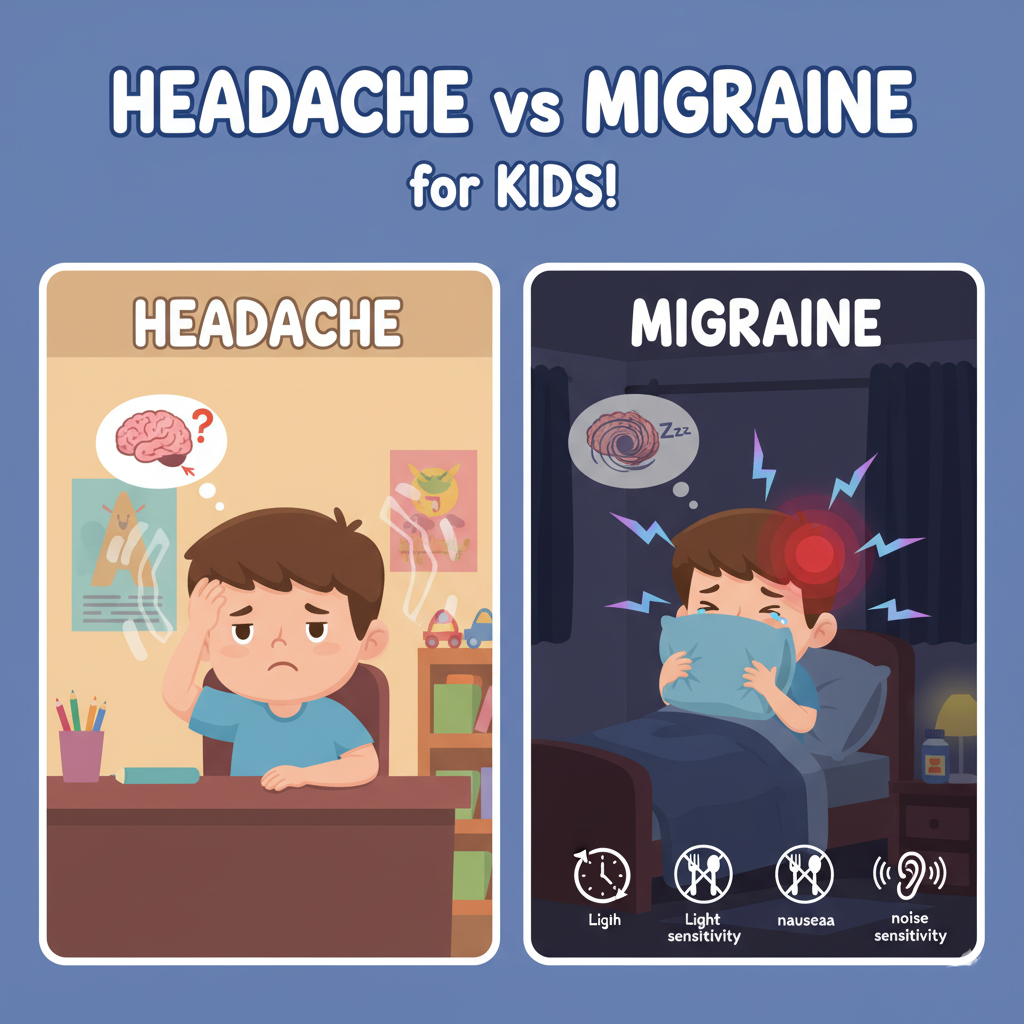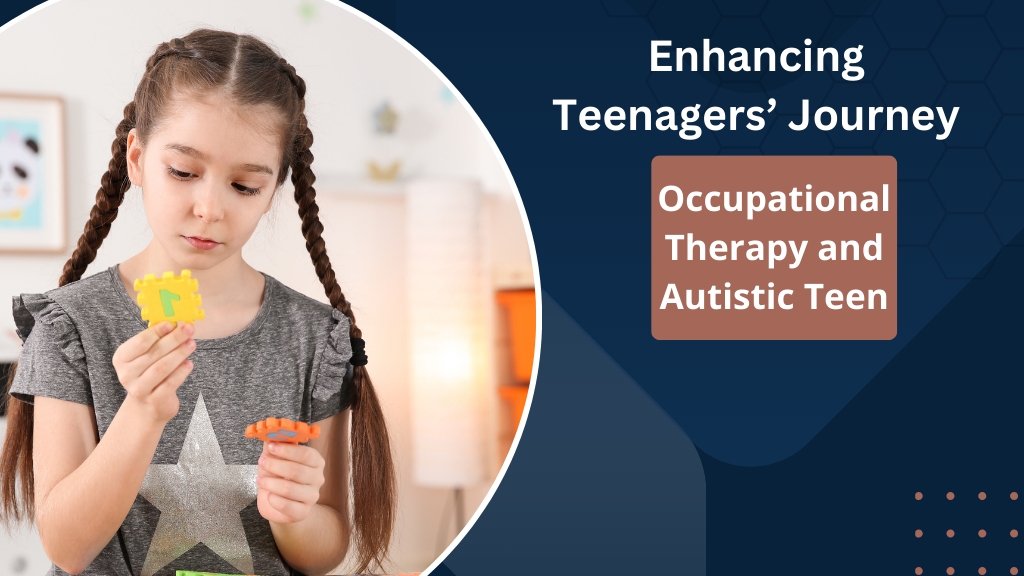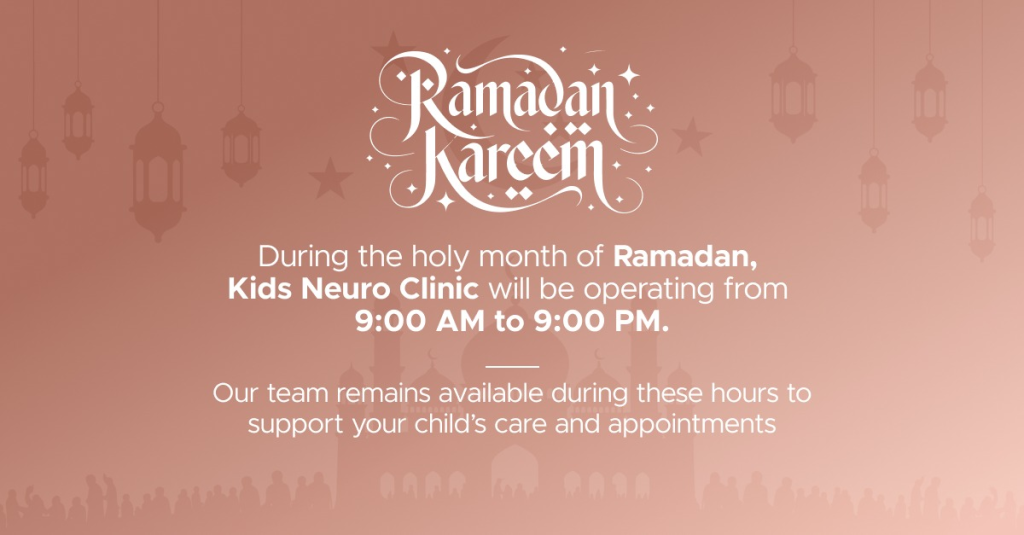Migraine in children: How to help your child manage headaches at home?

Watching a child struggle with intense head pain is one of the most distressing experiences for a parent. When that pain is a migraine—a powerful, debilitating neurological event—it can disrupt school, social life, and family balance.
While standard headache in kids are typical, recognizing and managing the complex symptoms of a migraine in children requires specialized knowledge and a clear action plan.
At Kids Neuro Clinic, we specialize in diagnosing and treating pediatric neurological conditions.
We empower families by offering expert guidance beyond the clinic, giving you the tools to help your child effectively manage their symptoms and reclaim their childhood.
Understanding the difference: Headache vs Migraine

Not all severe head pain is a migraine. Knowing the types of headache and their location is the first step in effective management:
- Tension headache: This is the most common headache for kids. It is often described as a tight band around the head. It is usually mild to moderate and rarely interferes with daily activities.
- Migraine headache: A neurological disease, not just a headache. The pain associated with a migraine is typically severe and throbbing, frequently localized to one half of the head, but can sometimes affect both sides.
, they are accompanied by other symptoms like nausea, vomiting, and extreme sensitivity to light (photophobia) and sound (phonophobia).
How long do migraines last?
A childhood migraine attack can be shorter than an adult’s, often lasting anywhere from 2 to 72 hours, though they usually resolve within a few hours for younger children.
Why do migraines happen? The underlying neurology
Migraines are believed to be caused by complex changes in the brain involving chemical messengers and blood flow patterns. They are primarily a neurological disorder, not a vascular (blood vessel) one.
The underlying causes of migraines are heavily influenced by genetics. If a parent or close relative has migraines, a child is significantly more likely to develop them.
These children have a lowered threshold for environmental triggers, making their brains susceptible to change. Common triggers include:
- Stress: Academic pressure, social anxiety, or emotional upset.
- Sleep deprivation: Irregular sleep schedules or too little sleep.
- Diet: Missing meals, dehydration, or specific food additives (like MSG or nitrates).
- Environmental changes: Bright or flickering lights, loud noises, and strong odors.
It is essential to address the misconception regarding how to cure migraine permanently. Currently, there is no permanent cure for the genetic tendency to develop migraines.
However, with effective management, including medication and lifestyle adjustments, the frequency and severity of attacks can be dramatically reduced, essentially curing the impact of the migraine on your child’s life.
Home management: Your child’s migraine toolkit
The goal of at-home management is twofold: 1) Stop the acute attack once it starts, and 2) Prevent future attacks by minimizing triggers.
1. The acute treatment plan (Stop the pain early)
The most successful strategy is treating the migraine immediately at the very first sign of pain.
Triptans: For moderate to severe migraines that do not respond to simple painkillers, prescription medications called Triptans may be necessary. These are often game-changers but must be taken under strict professional guidance.
2. The comfort protocol (The sensory retreat)
During an attack, the child’s brain can’t handle all the sights, sounds, and feelings coming in. Providing a safe, calming environment is non-negotiable.
Dark and quiet: The child should immediately retreat to a cool, dark, quiet room. Minimize all light (including screens) and noise.
Cold compress: A cold pack or damp cloth placed over the forehead or the back of the neck can provide significant comfort and help constrict blood vessels.
Sleep: Encouraging sleep is the best natural abortive measure, as the brain often resets during deep rest.
3. Lifestyle management (Prevention is key)
Daily routines are the backbone of preventing chronic migraine in children.
Area of focus | Action to take |
Sleep | Maintain a strict, consistent sleep schedule, even on weekends. Irregular sleep is a massive trigger. |
Hydration | Ensure the child drinks plenty of water throughout the day. Dehydration is a common, avoidable trigger. |
Nutrition | Never skip meals, especially breakfast. Consistent blood sugar levels help stabilize the neurological environment. |
Stress | Teach simple relaxation techniques (deep breathing) or ensure downtime for decompression after school and activities.
|
Consult with the Kids Neuro Clinic team to determine the appropriate over-the-counter medication (like Ibuprofen or Acetaminophen) and the specific dosage.
Crucially, giving medication at the first sign of a headache, not waiting for the peak pain, is often the difference between a minor headache and a full-blown attack.
When to seek specialized care?
While most headaches for kids can be managed at home, certain symptoms warrant immediate evaluation by a specialist at Kids Neuro Clinic:
- The worst headache your child has ever had.
- A migraine accompanied by neck stiffness, fever, or confusion.
- New headaches that worsen rapidly or wake the child from sleep.
- A change in the pattern, frequency, or severity of existing migraines.
At Kids Neuro Clinic, our comprehensive diagnostic approach helps identify the underlying causes of migraines and develop a personalized plan—combining dietary changes, sleep hygiene, and advanced abortive and preventive medications—to restore well-being.
If you are struggling to manage your child’s severe headaches or if you suspect a migraine in children, trust the experts. Contact Kids Neuro Clinic today to schedule a consultation and begin the journey toward control and comfort.
About kidsneuro
Kids Neuro Clinic, based in Dubai, is one of the UAE’s leading pediatric neuroscience centers, offering expert care for infants, children, and adolescents with neurological, developmental, behavioral, and psychological disorders. Our multidisciplinary team includes top-trained pediatric neurologists, psychologists, and developmental specialists from renowned institutions in the UK, Europe, and the USA, serving families across the UAE and GCC.




